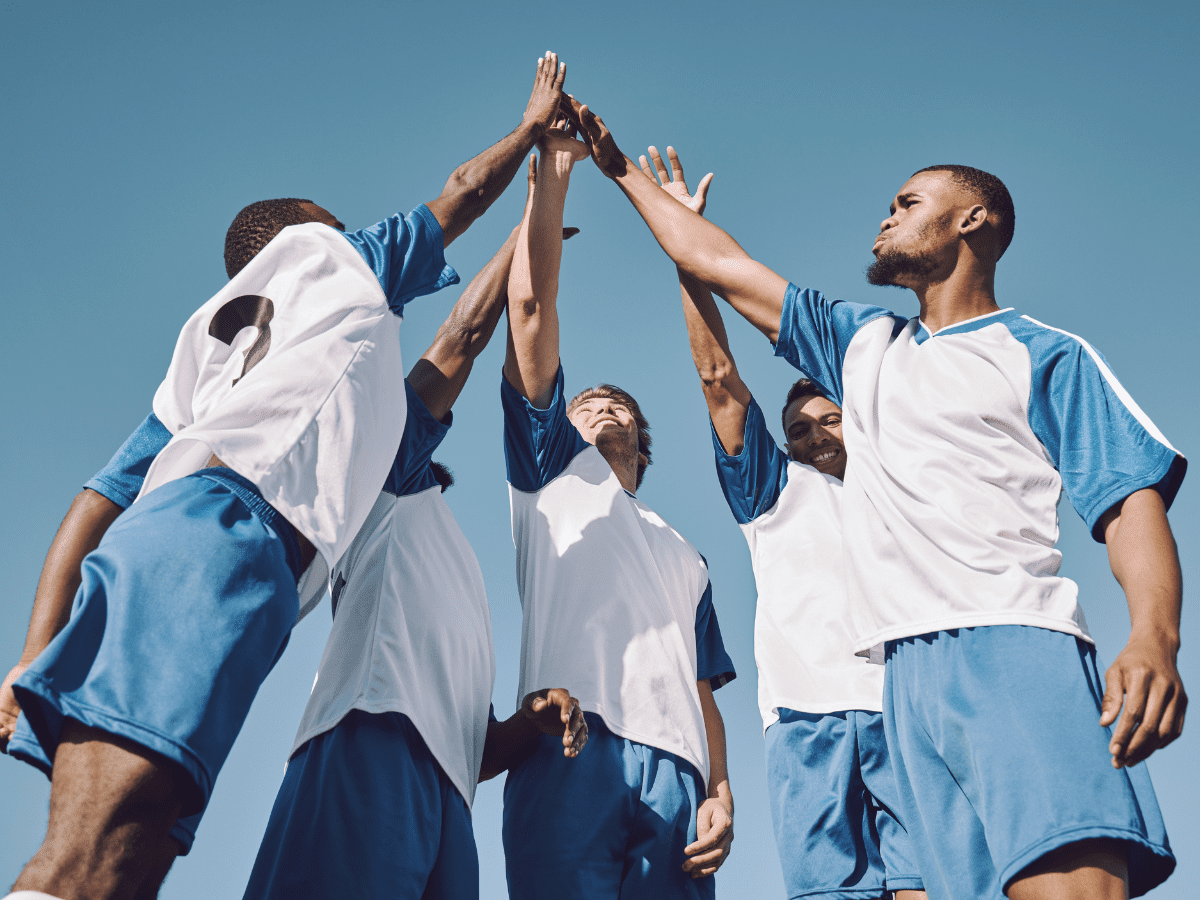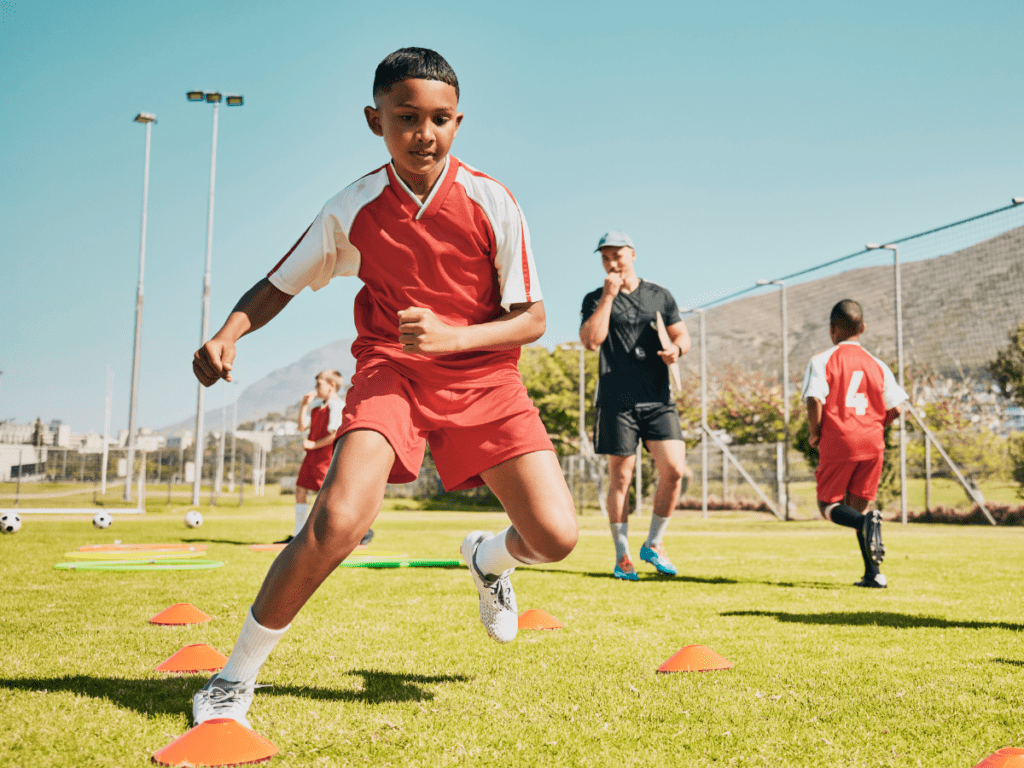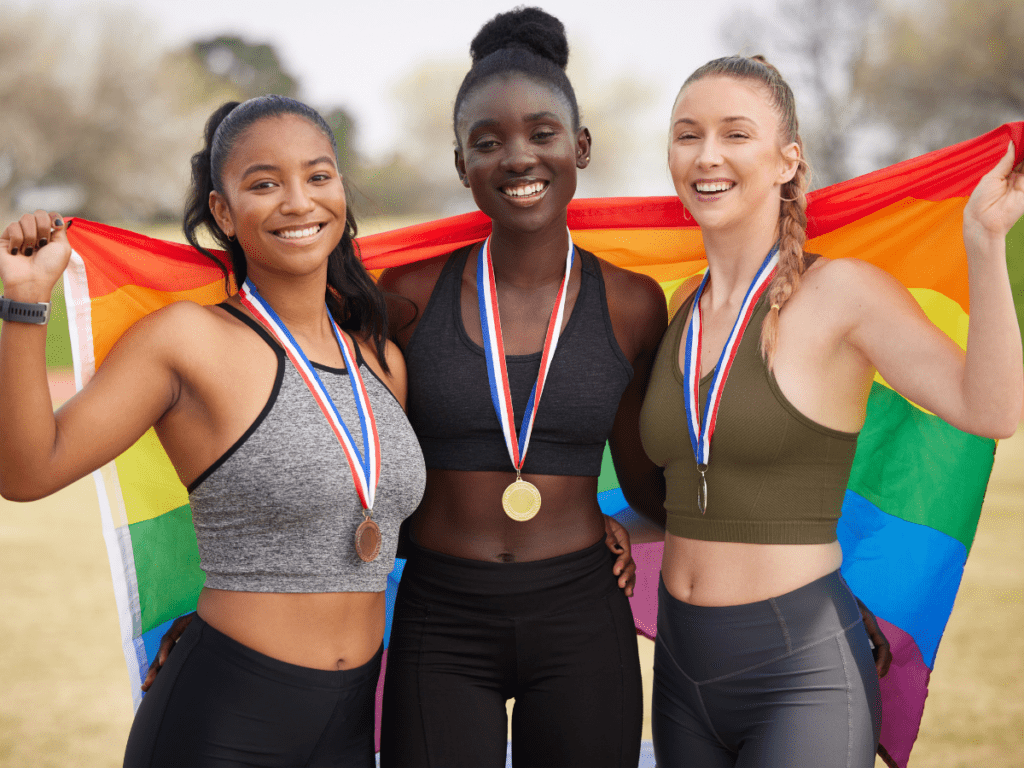
For the past several years, the word culture has become a familiar buzzword across Canadian sport. Headlines about “Hockey Canada’s toxic culture”, a “culture crisis at Gymnastics Canada”, and “the culture of abuse and discrimination” in several national sport organizations (NSOs) have brought the issue to the forefront. Athletics, Soccer, Skating, Rowing, Bobsled and Skeleton, Artistic Swimming, Rugby, Boxing, Skiing, and Water Polo are among the sports where staff and athletes have raised concerns. Even the Office of the Sport Integrity Commissioner, the agency tasked with addressing claims of abuse in Canada, has come under scrutiny.
Cultural fractures certainly seem to be at the heart of Canada’s sport challenges. Yet, the idea of culture in sport is complex, and cultural change can often seem elusive.
One key challenge in considering culture is that it is often confused with climate. Culture shapes the broader values, beliefs, and practices within an organization, whilst climate refers to the atmosphere or environment that results from those underlying cultural factors. The metaphor of an iceberg is often used to explain culture, and helpful in distinguishing between culture and climate:
The atmosphere or climate is a product of culture. Using the iceberg metaphor, climate is created by the ice interacting with the environment
- The surface ice represents the visible cultural artifacts and practices
- The underwater ice represents the values and beliefs that drive or support behaviours and structures
- The water is the assumptions or governing principles that shape the values and beliefs
True cultural change happens only when we delve deep into these underlying principles to expose, understand, and then change the governing principles shaping everything above.
Culture is important and can be changed with attention, intention, and effort.
The balance of cultural change in sport
Research by Macintosh and Doherty (2023) describe a challenge associated with cultural change as one of balance: ‘going for it’ is a good thing, but there can be ‘too much of a good thing’. Winning above all else leads to costs, for example, to health, ethics, development, and safety. Own the Podium has created a ‘culture of excellence’ program based on the Blake-Mouton (1964) model for balancing people with performance. Walinga, Van Tuyl and Mandap (2024) illustrate the ways that psychological safety is a function of power balance and necessary for learning in individuals and organizations. A sense of safety is only possible with cultural integrity, where principles of respect, equity and inclusivity are balanced and aligned with the practice of optimizing athletic performance.

In this blog, we use the 2024 Olympic Games as a case study to illustrate the ways culture is central to sport, how culture can be changed and strengthened across Canadian sport, and where Canadian sport scores culturally.
Cultural integrity is central to health and performance: Misalignment, like within an athlete, negates the integrity of the body and compromises health, focus, experience, and ultimately performance. Likewise, design flaws and corrupt governing principles create instability and compromise the health and performance outcomes of an organization. Effective leadership, governance, administration, coaching, and delivery of sport hinges on cultural integrity; the alignment of principles with practice.
The case of the Canadian Women’s Rugby 7’s team illustrates the cost of cultural misalignment. The team exposed abusive and discriminatory practices and worked hard to bring practice into alignment with the principles of equity and respect, sacrificing a top 3 ranking in the process. Coaches and the CEO were released and the organization spent a year conducting a comprehensive review to identify cultural fractures and opportunities for greater alignment.
“One Squad” is now the mantra of an organization working to regain trust and engagement across their community. The coaching team was revitalized and this year at the Paris Games, the women’s team was able to re-focus, earning an Olympic silver medal.
Culture can be changed and strengthened: For millennia, women were not allowed to participate in sport. For example, women were historically excluded from the Olympic Games, with only 19 women out of 1225 athletes participating in 5 sports for the first time at the 1900 Games in Paris. The sports included tennis, sailing, croquet, equestrian, and golf. At the 2024 Olympics, for the first time, men and women were equal participants.
The culture of sport has been transformed.
Prior to 1900 and according to Baron Pierre de Coubertin, the assumption was that women did not ‘belong’ at the Olympics. This assumption was based on the beliefs and values that “an Olympiad with females would be impractical, uninteresting, unaesthetic, and improper” and manifested in the artifacts and practices of exclusion, barriers to access, and oppressive rules.

Today, those beliefs have been disproven, and the values of equity, access, and inclusion upheld. Until recently, a common refrain was ‘nobody will pay to watch women play’. Caitlin Clarke, Angel Reese and their champion teams disproved the myth with sellout crowds attending the women’s NCAA championship games, soon replicated in the National Women’s Soccer League, Professional Women’s Hockey League, and Women’s Rugby World Cup and Olympic matches.
Women and their supporters revealed, questioned, and transformed the underlying sexist and patriarchal governing principles of sport and transformed associated artifacts and practices.
Like our Olympians, Canadian sport scored some highs and some lows: certainly, Canadian athletes were faster, higher, and stronger, together. Canadian athletes also demonstrated the Olympic values of respect, excellence, and friendship. Throughout the quadrennial, our athletes exemplified leadership, the courage to face challenges, the will to accept responsibility, humility in victory, and grace in defeat. However, cultural fractures like Canada Soccer’s ongoing equal pay disputes, highlight areas where greater alignment between principles and practice is needed. These challenges underscore the importance of cultural integrity in maintaining public trust and support for Canadian sport.
Acknowledging cultural incongruities is step one; actively bringing coaching, governance, operational, and financial practices into alignment with the principles of equity, respect, and safety would create a foundation for success.
One example is the case of a coach accredited by Athletics Canada, despite a past suspension for inappropriate relationships with athletes. Although the accreditation was later revoked, this situation highlights the need for stronger governance and decision-making processes that align with safety and ethical standards.
While the Paris Olympic Games of 2024 reached a milestone of gender equity in terms of athlete participation and services, according to Dr. Andrea Bundon of UBC, coaching remained incongruous with only 22% female coaches. At the Tokyo Games in 2021, only 16% of Canadian head coaches were female.
The future of sport and the Olympic Games hinges on public faith and investment. Cultural incongruities fracture public trust, engagement, and support. As the sport system in Canada evolves, the role of culture will be crucial in preserving the integrity of sport and its societal value. Addressing cultural incongruities in sport organizations will require continued efforts to align leadership, governance, and coaching practices with core principles of respect, safety, and equity.
By fostering cultural integrity, Canadian sport can strengthen its foundation and ensure a positive, inclusive, and high-performing environment for all sport participants: athletes, leaders, staff, and fans.